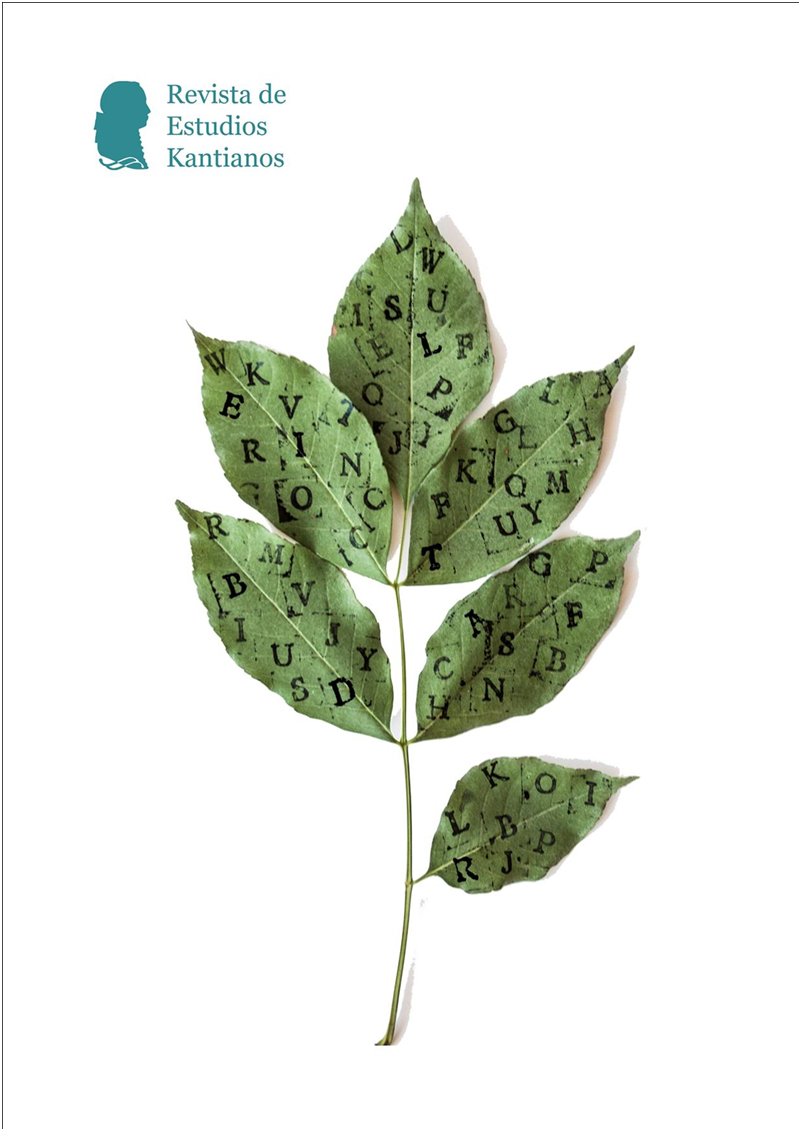Ist der Wille allein ausreichend für Moralität?
DOI:
https://doi.org/10.7203/REK.5.1.14012 Abstract
Abstract
Kant zufolge kann jeder, der es will, moralisch gut handeln. Doch kann diese Aussage auch einer genaueren Prüfung standhalten? Ist es nicht möglich, sich in seinem moralischen Urteil zu irren oder fälschlich davon überzeugt zu sein, pflichtgemäß und aus Pflicht gehandelt zu haben? Darauf antwortet Kant, dass Moralität nicht von der korrekten Ableitung des moralischen Gesetzes abhängt, sondern davon, ob sich der Handelnde seines moralischen Urteils gewiss ist. Auch sei nicht entscheidend, ob er tatsächlich pflichtmäßig aus Pflicht gehandelt habe, sondern lediglich, dass er sich bewusst um eine solche Handlung bemüht habe.
 Downloads
Downloads
Downloads
Published
How to Cite
-
Abstract396
-
PDF (Español)294
Issue
Section
License
![]()
The authors who publish in this journal agree with the following terms:
- The authors retain their copyright and guarantee to the journal the right to be the first to publish the work and to license it under a Creative Commons Attribution License that allows others to share the work with an acknowledgement of its authorship and the initial publication in this journal.
- Authors may separately establish additional agreements for non-exclusive distribution of the version of the work published in the journal (for example, placing it in an institutional repository or publishing it in a book), with acknowledgement of its initial publication in this journal.
- Authors are allowed and encouraged to disseminate their work electronically (e.g., in institutional repositories or on their own website) before and during the submission process, as this can lead to productive exchanges as well as earlier and greater citation of published work (see The Effect of Open Access).








